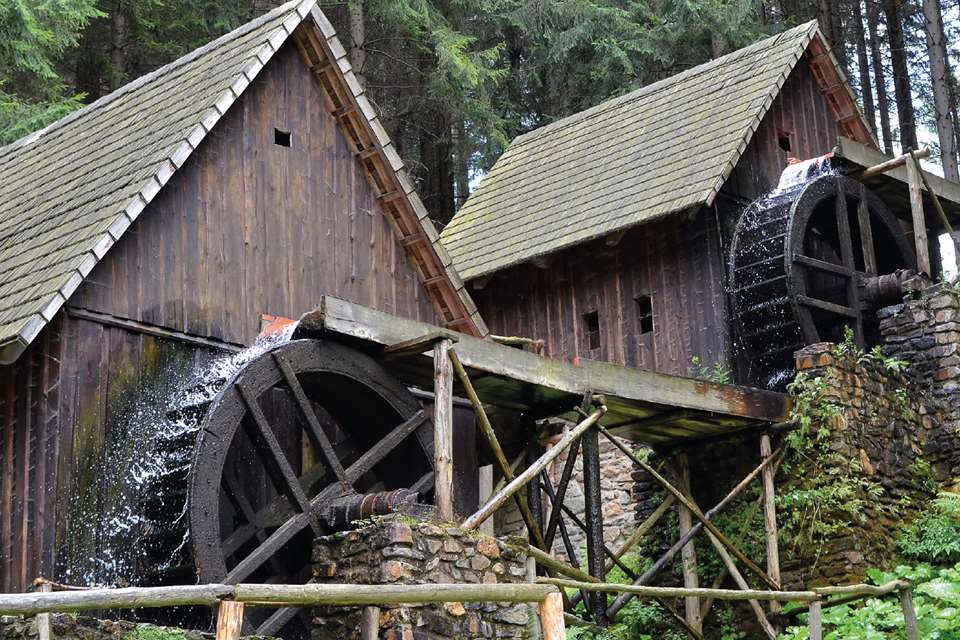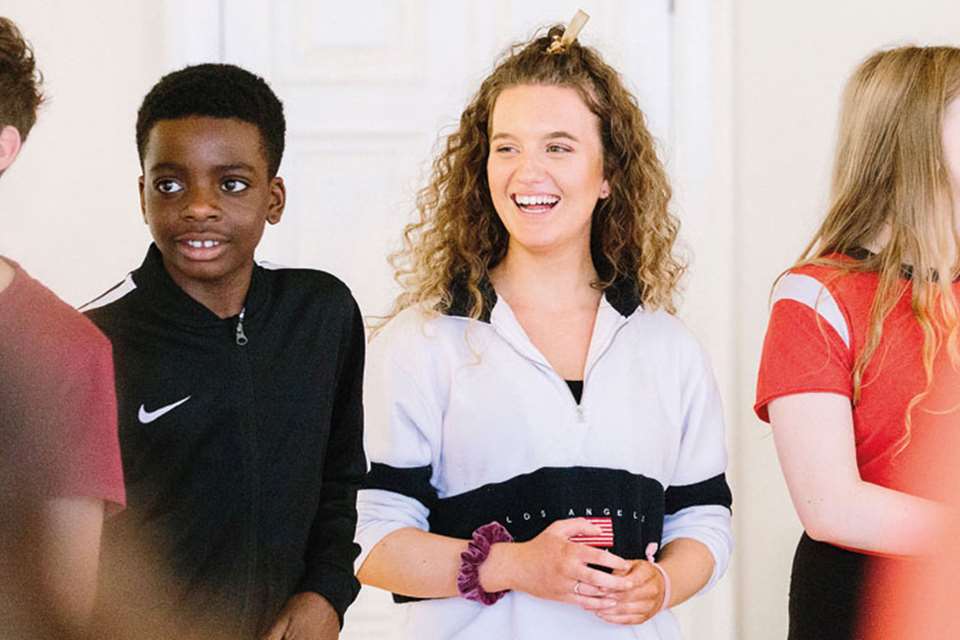Holiday music courses: end of an era?
Anne Templer
Saturday, June 1, 2024
Once in plentiful supply, music courses are no longer the accessible holiday activities they used to be – and more's the pity, writes Anne Templer

Adobe Stock / psousa5
Many of today's musicians are in the profession having experienced profound inspiration; perhaps an amazing live performance, a fantastic teacher or an intriguing recording. Whatever their path, they will have been ‘zapped’ at some point, leading to a deep-seated realisation that they wanted music to fulfil a huge part of their lives, through teaching, playing, composing or some other creative musical outlet. They are also likely, however, to have been deeply influenced by the role of music courses, which – particularly during the pinnacle of county music service provision – would have been bountiful for aspiring professionals.
For those of us fortunate enough to grow up during this period, music courses were a regular and powerful part of our education. These holiday activities generally involved either the county youth orchestra or wind band. Instruments and tutors were provided, along with a professional conductor and, often, free lunch. Other courses at intermediate and junior level also took place, and concerts were performed in local venues to which the general public was invited. Parents were usually delighted with this arrangement (how could they not be?), which prevented bored children getting on their nerves during the summer break. There was the added bonus of seeing their offspring performing in very high-quality concerts in exciting venues, often with professional soloists and truly fabulous repertoire.
My own happy experiences included a collaboration between our county youth orchestra and the great pianist Kathryn Stott, with performances of works by Tchaikovsky, Rachmaninov and Britten. There were tours to the Middle East, Europe and other parts of the UK. We performed in festivals, choral concerts and explored chamber music as well as large-scale works, such as Kodály's Háry János Suite, which required a full orchestra, a specialist cimbalom player, and a huge selection of percussion. As young students, we absorbed all of this as if it were a normal and natural part of childhood; we knew we were lucky, but it is only hindsight that has produced a true appreciation of how unique and special these experiences were. They were at their peak somewhere between the late 1960s and the late 1990s, and we couldn't possibly have known then just what a tiny window of time that was.
Anecdotal research shows that similar opportunities are out there, but provision is patchy, often expensive and of random quality. I have tutored on many courses and the range of these fluctuates according to organisation, resources and creative planning. At their best, they are able to tap into the needs of the local community and provide music-making of the highest quality, delivered by excellent tutors. (It's worth noting, incidentally, that ‘community’ doesn't mean ‘rubbish’, which some of us may shamefully fear; rather, that courses provide best resources for children, depending on geography and cultural needs.) I have been employed in one area that repeatedly failed, because the county continued to try and base the course model on one that worked 50 years ago. There were no adjustments to the repertoire (and, in some cases, tutors), no acknowledgement of changes in schools, and no openness to new ideas. The only thing that did change was that fees continued to rise, buses were no longer provided and – not surprisingly – numbers went down. Eventually these courses fizzled out, with much hand-wringing and perplexity that the activities were no longer popular.
Contrast this with another area which was – and continues to be – fully aware of societal changes. There, holiday music-making has been put together in multi-activity but high-quality settings, with open-minded attitudes to repertoire and learning aims. Fees have remained very reasonable (in fact, it is joked that this is the ‘cheapest childcare’ in the area), and the standard has remained high. The success of the courses has meant that they have retained good attendance – and therefore stayed mostly financially viable.
The popularity of the courses, however, has a notable absence from one group of children: those who come from ‘just managing’ families. Often characterised as the ‘squeezed middle’, they cannot be described as poor – there is enough money to survive without starving, and possibly even enough for some extras. But there is not enough for them to have instrumental lessons, take part in ensembles (with the exception of choirs or non-specialist classes) and certainly not stretch to attending holiday courses. Obviously, the wealthy are catered for, and while there is occasional access to the poorest children through outreach projects and grants, vast swathes of the ‘just managing’ middle classes have no access to anything at all. Some will argue that help is provided for the ‘gifted and talented’, but that is based on the premise that they are exposed to live music in the first place – which we all know is currently inadequate. It is also unfair towards children who may have ordinary aptitude (the vast majority) but would still benefit from the extra dimension of music in their lives. And that isn't good enough.
Current enormous cuts to the arts have exacerbated this, and without some serious creative thinking and resources, the future for holiday courses will continue to remain geographically inconsistent; good in some areas, unambitious in others and non-existent in the rest. There is undoubtedly energy and enthusiasm from providers and carers, but there are still far too many for whom holiday music-making is a distant luxury.






